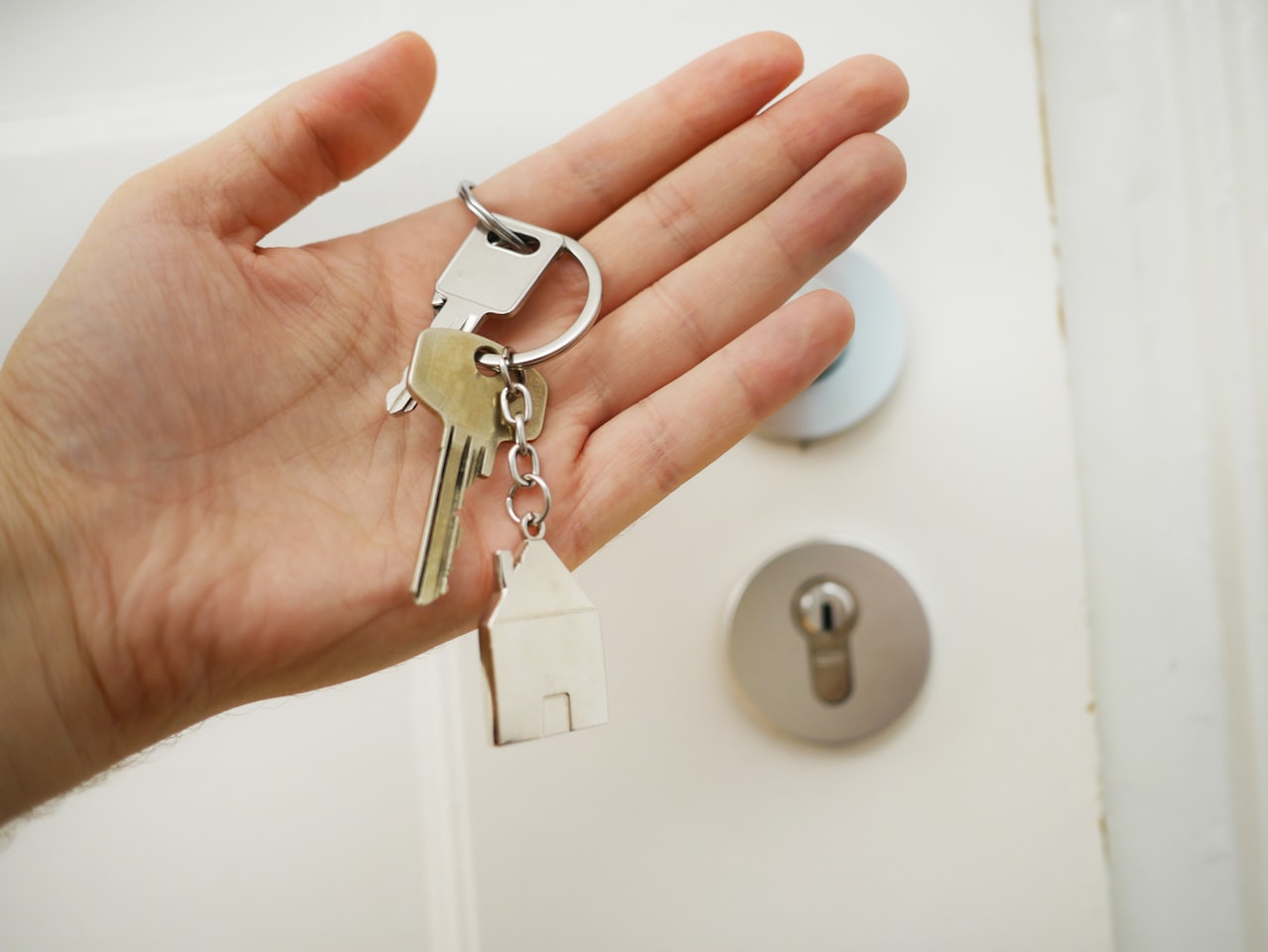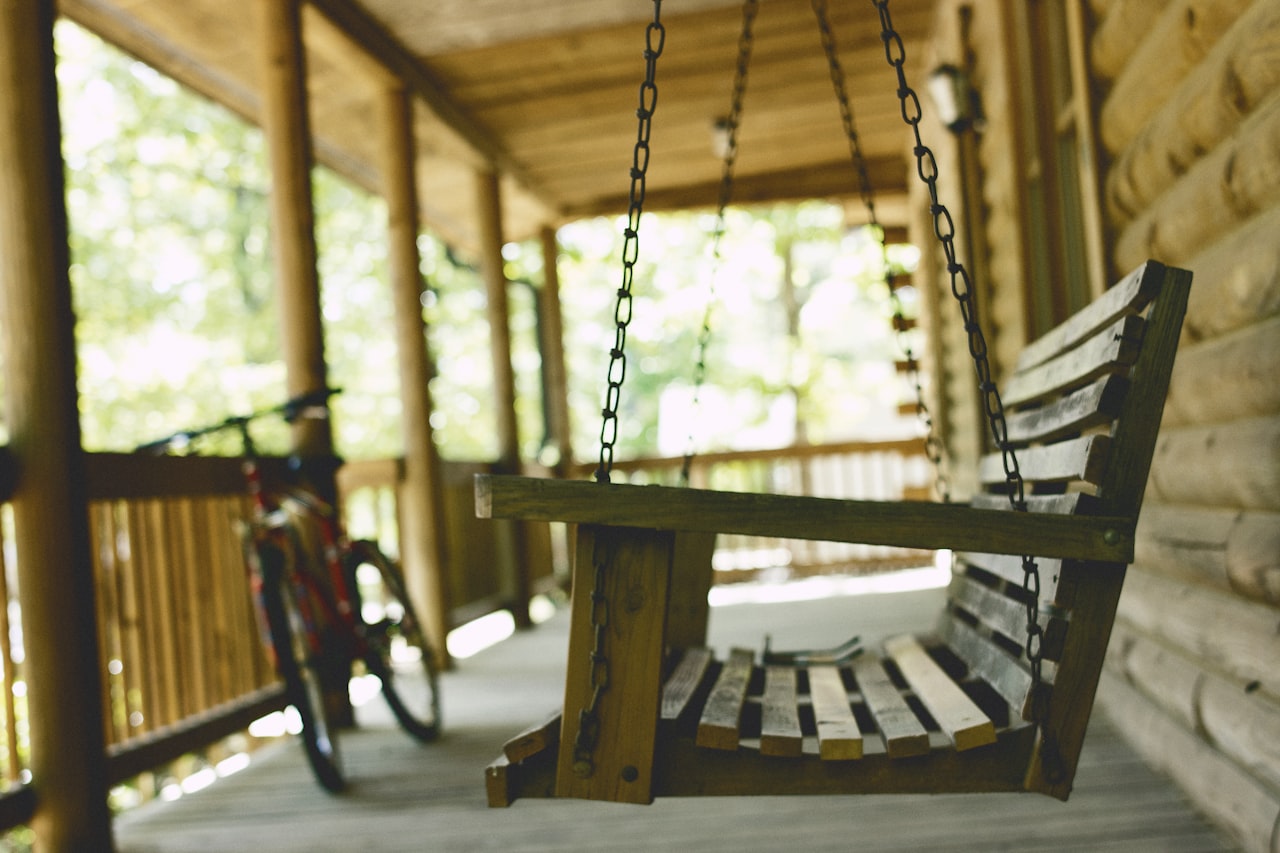For most people, aging brings a new set of challenges. New health problems may affect your ability to live independently, financial challenges make it tougher to maintain your lifestyle and adult children moving to faraway places may make you feel less connected to your home.
Some people move every few years or even more frequently, while others remain rooted in the same location for decades. But for many people, there comes a time in old age when it becomes necessary to move.
While relocating is never easy, moving as a senior carries its own difficulties. If you or a loved one is moving into an assisted living or memory care facility due to declining health, the very reason for the move will likely make the process even more difficult. A lifetime of accumulated possessions might be squirreled away in your home. And if the move is due to financial stress, moving itself can be expensive.
There are many ways to make a move go more smoothly. Knowing when to move, making the right choices about having a family member move in with you and doing a little advanced planning for a new home and reducing the load beforehand can significantly reduce the stress involved. Read on to learn about downsizing and senior moving so you can make the best choice for your family.
Signs It’s Time to Downsize Your Home
Over the years, you may have felt like your home’s footprint just wasn’t big enough. Whether the closets were too small or the number of cabinets too few, you may have dreamed of relocating to a larger space. But as a senior, that once-too-small abode might be more space than you need or want.
At the same time, the sentiment of moving away from the home where you raised your family or planted and cared for a garden for decades pulls at your heartstrings, leaving you unsure about whether or not downsizing is the right decision.
Anytime safety or physical limitations like the inability to use stairs exists, it’s time to consider relocating. But there are a few other less obvious indicators that seniors should downsize, too.
1. There are unused rooms
Jamie Novak, a professional organizer and author of “Keep This, Toss That,” says having rooms you rarely—or never—enter unless it’s to air them out or vacuum now and then is a sure sign it’s time to downsize. Sure, having a bit of extra space to stash trinkets and holiday décor is handy. But maintaining a large house with multiple unused bedrooms goes beyond having an extra closet or cubby.
“All that unused space is room you’re paying to heat or cool, paying taxes on and have to clean and maintain,” says Novak. “And that can be a lot of resources spent for nothing.”
2. There is too much maintenance work
“It shouldn’t be difficult to keep up with the maintenance of the home,” says Novak. Granted, no one expects you to look forward to tasks like mowing the lawn or giving the fence a fresh coat of paint. But if these and similar projects are becoming physically difficult to complete, it’s probably time to discuss options that require less upkeep.
“Additionally, having to pay for help to accomplish the tasks is another indicator that it might be time for a smaller space,” says Novak.
3. You’re too far from family
Not able to take in as many of your grandkids’ soccer games or dance recitals as you want? “If you feel isolated in your home, are too far from family or assistance, or all your friends have moved away, then you might want to downsize and move closer to loved ones,” suggests Novak.
4. Your home is cluttered
If you’re constantly hunting down gadgets, gizmos and more that you’ve stashed in the basement, attic or back of a closet, Novak says you might have too much stuff. “It’s tempting to hang on to every piece of memorabilia or want to fill up all the empty corners of a large home to make it feel less open.”
But having too many odds and ends is a clear sign you’ve got too much space to fill. “And downsizing will force you to pare down and prioritize what you actually need to hang on to,” adds Novak.
5. Your home has increased in value
Your home’s value may have appreciated to the point where it’s more profitable to cash it in than hang onto it. Novak suggests consulting two to three realtors to have a market analysis performed and explore both your selling and buying power.
SOURCE: Caring.com



































































































